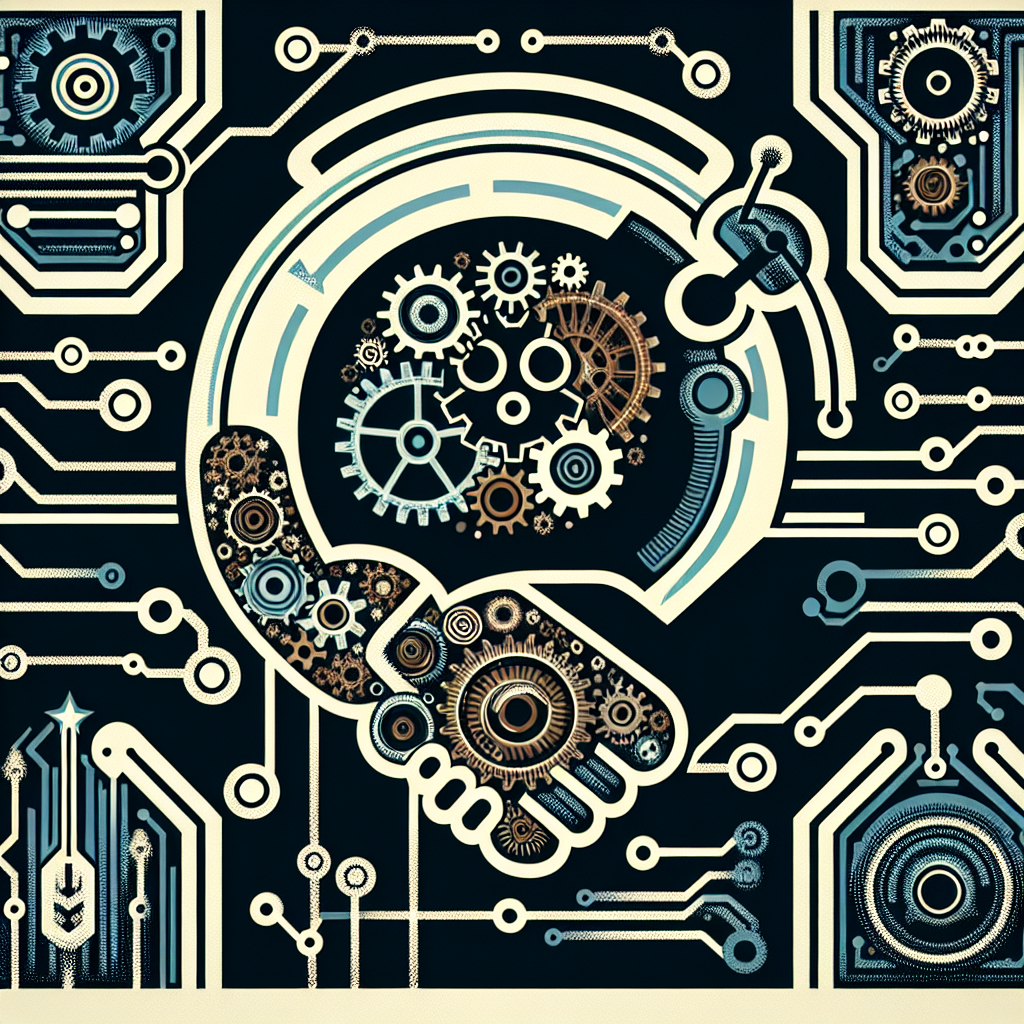Artificial Intelligence (AI) has become an increasingly common tool used in various industries to improve efficiency, productivity, and customer service. In the realm of customer service, AI tools have had a significant impact on how businesses interact with their customers, providing faster and more personalized service. This article will explore the impact of AI tools on customer service and how they are changing the way businesses approach customer interactions.
One of the primary ways AI tools are transforming customer service is through the use of chatbots. Chatbots are AI-powered programs that can simulate a conversation with users, providing them with information, answering their questions, and even completing simple tasks. Chatbots are available 24/7, providing immediate responses to customer inquiries and reducing the need for customers to wait in long queues to speak with a live agent.
Chatbots can handle a wide range of customer service tasks, such as providing product information, troubleshooting technical issues, and processing returns and exchanges. By automating these routine tasks, businesses can free up their human agents to focus on more complex and high-value interactions with customers.
Another way AI tools are enhancing customer service is through the use of predictive analytics. AI algorithms can analyze customer data to predict trends, preferences, and behaviors, allowing businesses to anticipate customer needs and provide proactive support. For example, AI tools can analyze customer interactions to identify patterns that indicate a potential issue, allowing businesses to address the problem before it escalates.
AI tools can also personalize the customer experience by tailoring interactions based on individual preferences and behaviors. By analyzing customer data, AI algorithms can recommend products or services that are relevant to each customer, increasing the likelihood of a successful sale. Personalized recommendations can also help businesses build stronger relationships with their customers, leading to increased loyalty and repeat business.
Furthermore, AI tools can improve the efficiency of customer service operations by automating repetitive tasks and streamlining processes. For example, AI-powered systems can categorize and prioritize customer inquiries, route them to the appropriate agent, and provide agents with relevant information to resolve the issue quickly. This automation can help businesses reduce response times, improve customer satisfaction, and lower operational costs.
Overall, the impact of AI tools on customer service has been overwhelmingly positive, with businesses seeing improvements in efficiency, productivity, and customer satisfaction. By leveraging AI technologies, businesses can provide faster, more personalized service to their customers, leading to increased loyalty and retention.
FAQs:
Q: Are AI tools replacing human agents in customer service?
A: While AI tools are automating many routine tasks in customer service, human agents are still essential for handling complex inquiries and providing personalized support. AI tools are meant to complement human agents, not replace them.
Q: How can businesses ensure that AI tools provide accurate and helpful responses to customer inquiries?
A: Businesses should regularly monitor and evaluate the performance of their AI tools to ensure they are providing accurate and relevant information to customers. It is essential to train AI algorithms with high-quality data and continually update them to improve accuracy.
Q: Can AI tools handle sensitive customer information securely?
A: Businesses must prioritize data security and compliance when using AI tools in customer service. It is crucial to implement robust security measures to protect sensitive customer information and comply with data privacy regulations.
Q: How can businesses measure the impact of AI tools on customer service?
A: Businesses can measure the impact of AI tools on customer service by tracking key performance indicators such as response times, customer satisfaction scores, and resolution rates. By analyzing these metrics, businesses can assess the effectiveness of AI tools and make data-driven decisions to improve customer service.

